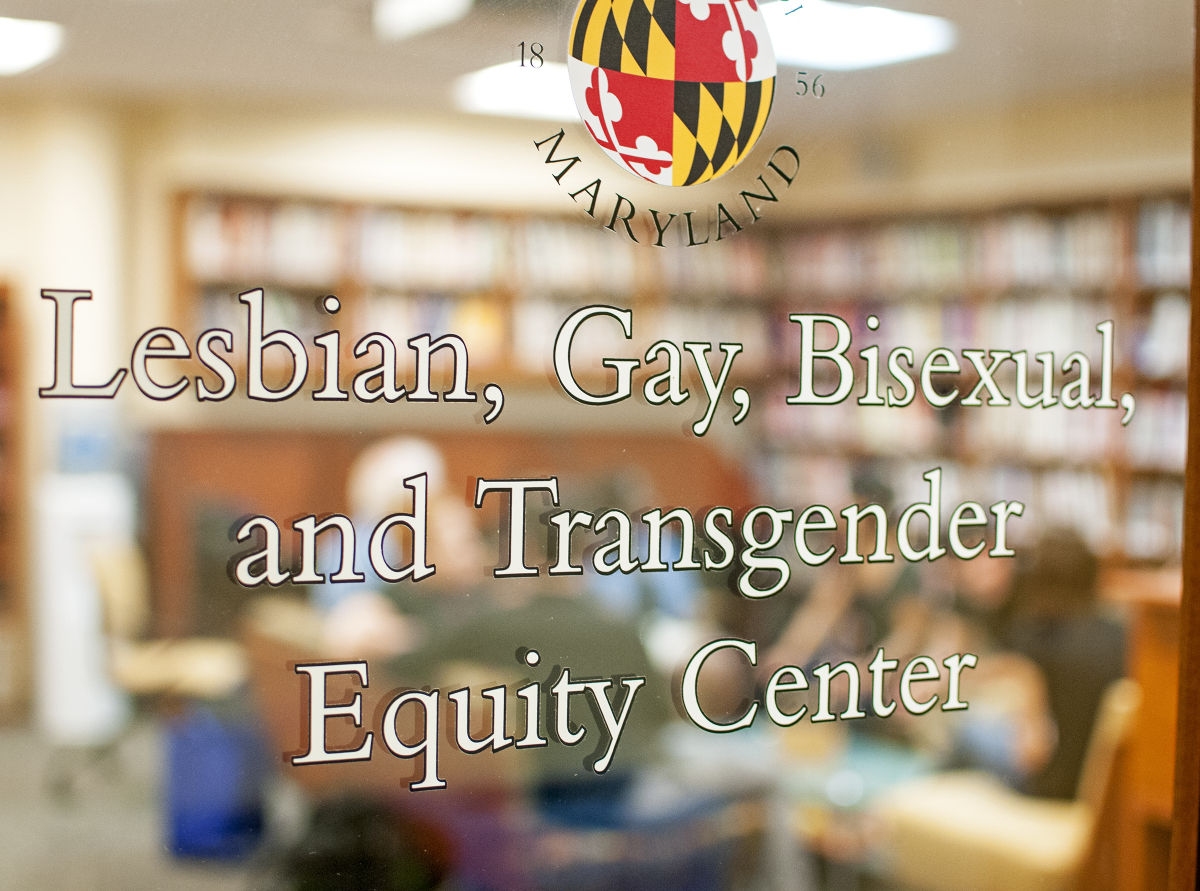Views expressed in opinion columns are the author’s own.
It’s been true throughout history that legislative action does not promise social change. This is the case with the women’s rights movement, the civil rights movement and many other movements pushing for both legislative and social change. This also applies to the LGBTQ rights movement, as legislation protecting LGBTQ persons has not resulted in fewer hate crimes, bullied youths or even reduced the fear of being openly LGBTQ.
Even though the United States is miles ahead of my home country, Sri Lanka, where homosexuality has not yet been legalized, there is still much work to be done from a social perspective.
On paper, LGBTQ persons have a substantial number of rights in the United States, even if they don’t fully match up to the rights of heterosexual or cisgender individuals. Off paper, however, it’s a different story. In 2015, 19.4 percent of hate crimes in the United States were motivated by sexual orientation or gender identity bias. The statistics surrounding LGBTQ youths and bullying are also shocking: According to the 2013 National School Climate Survey, 74.1 percent of LGBTQ students were bullied due to their sexual orientation, and 55.2 percent were bullied because of their gender expression. In a poll conducted by TIME Magazine after President Trump’s election, there was a significant decrease in the number of LGBTQ individuals who believed “society’s level of acceptance would increase in the coming decade.”
Legislation, unfortunately, cannot immediately improve our safety or make us feel more secure in our communities. Even as someone who grew up in a very liberal and fairly tolerant community, I am still somewhat scared holding my girlfriend’s hand in public. At some point, as a minority individual, you have to make a choice between your safety and expressing your true identity.
Even though the Washington, D.C., area is incredibly liberal and a major hub of LGBTQ activism, you never know who is and isn’t on your side. Once, a man at Union Station told me and my girlfriend that Trump would “fix” us, turning a city in which I ordinarily felt safe into one where anybody could be a threat.
Even at the University of Maryland, which is ranked one of the top LGBTQ-Friendly universities in the nation, and where Human Rights Campaign employees stand in front of the Student Union at least once a week, there is still the lingering fear that I will encounter hate. I must say this university does have many spaces for LGBTQ and other minority groups that feel safe and tolerant. However, you never know who is going to discriminate against you — whether it be the 33 percent of Americans who consider gay and lesbian relationships to be morally wrong, or the 1 in 4 millennials who don’t support gay marriage — and it’s hard to feel safe, even with legislation protecting you.
Liyanga de Silva is a sophomore English major. She can be reached at liyanga.a.ds@gmail.com.



